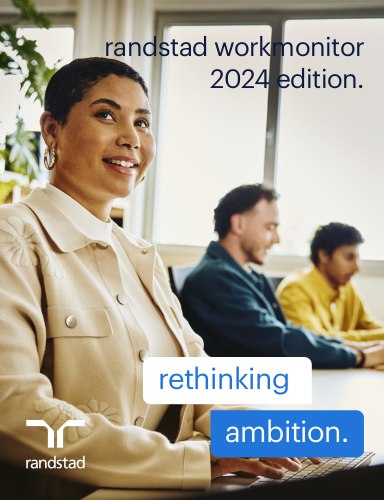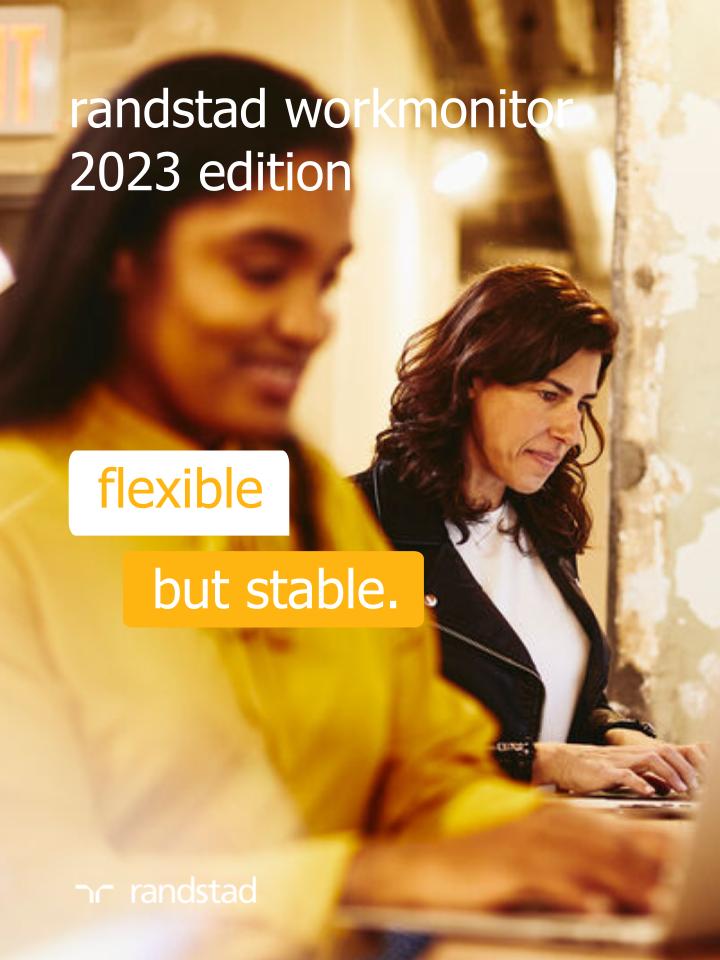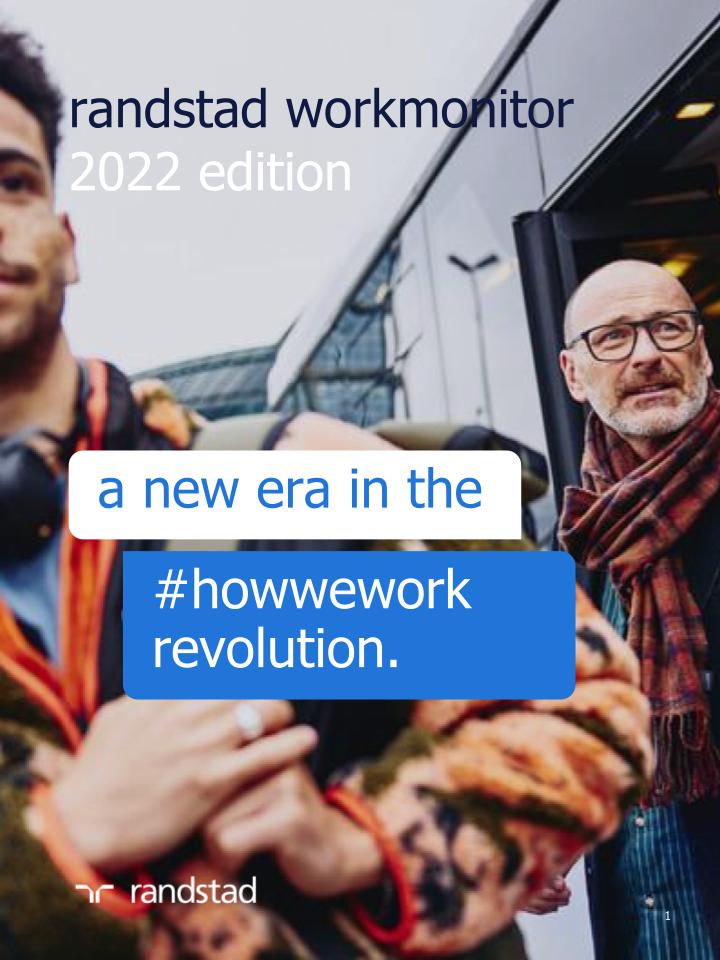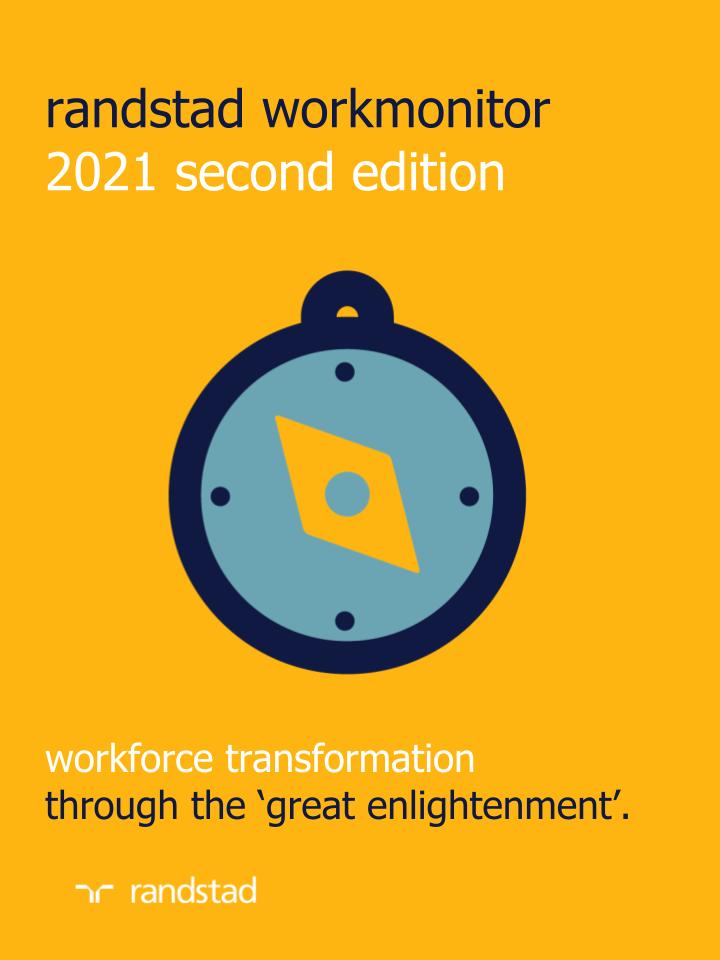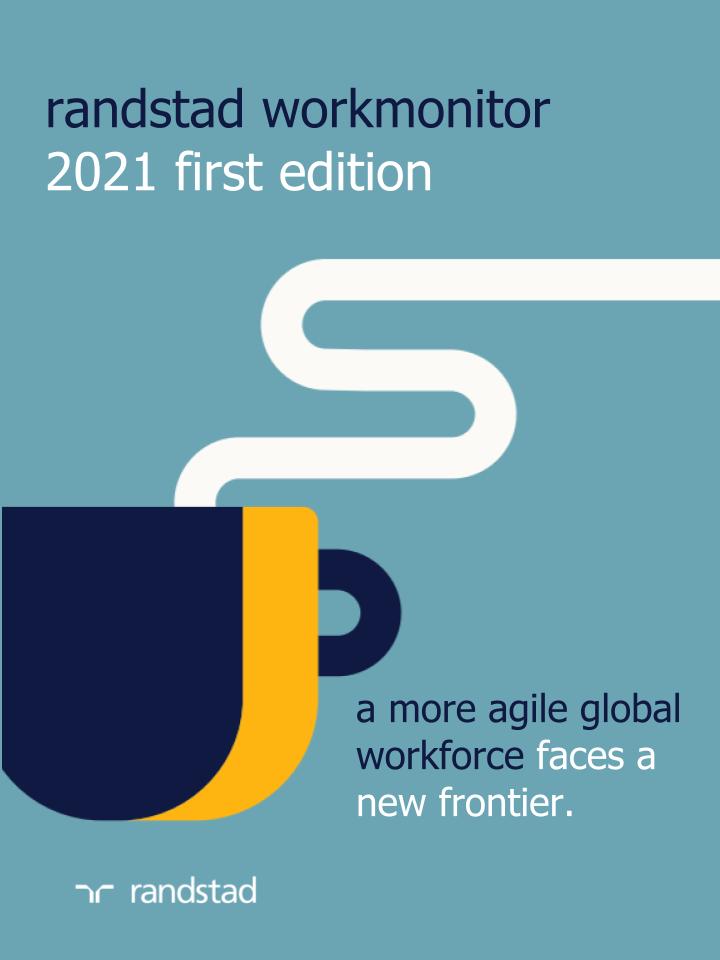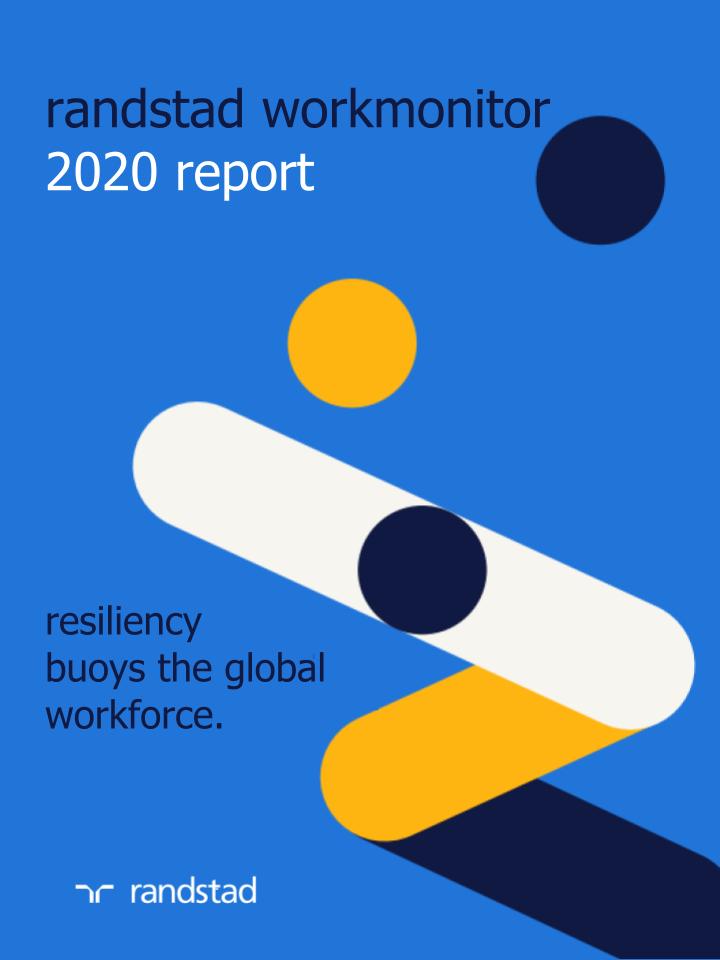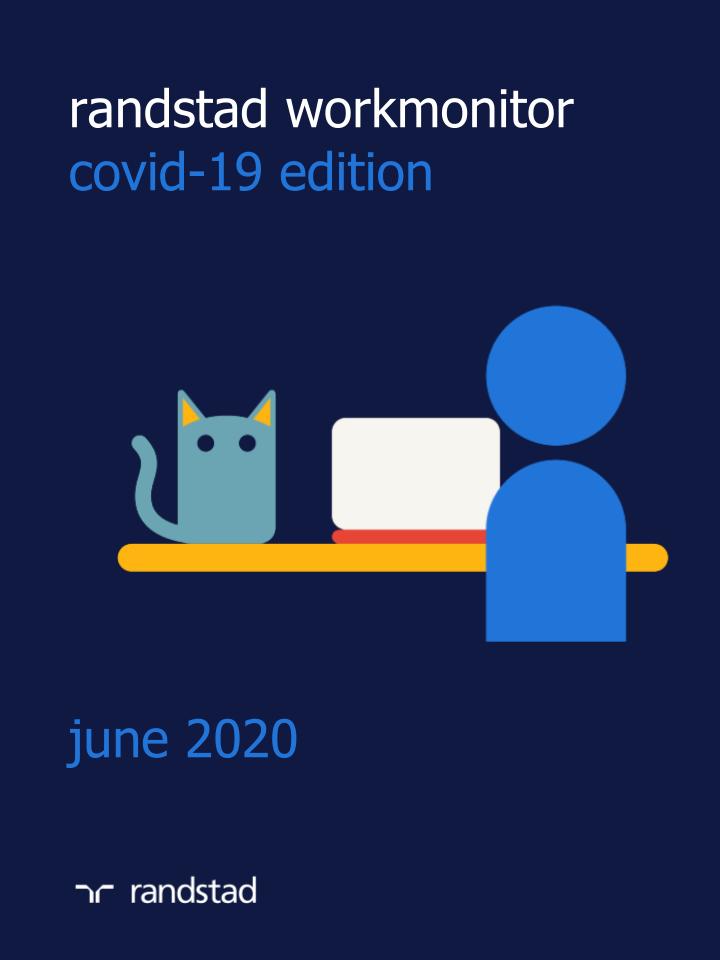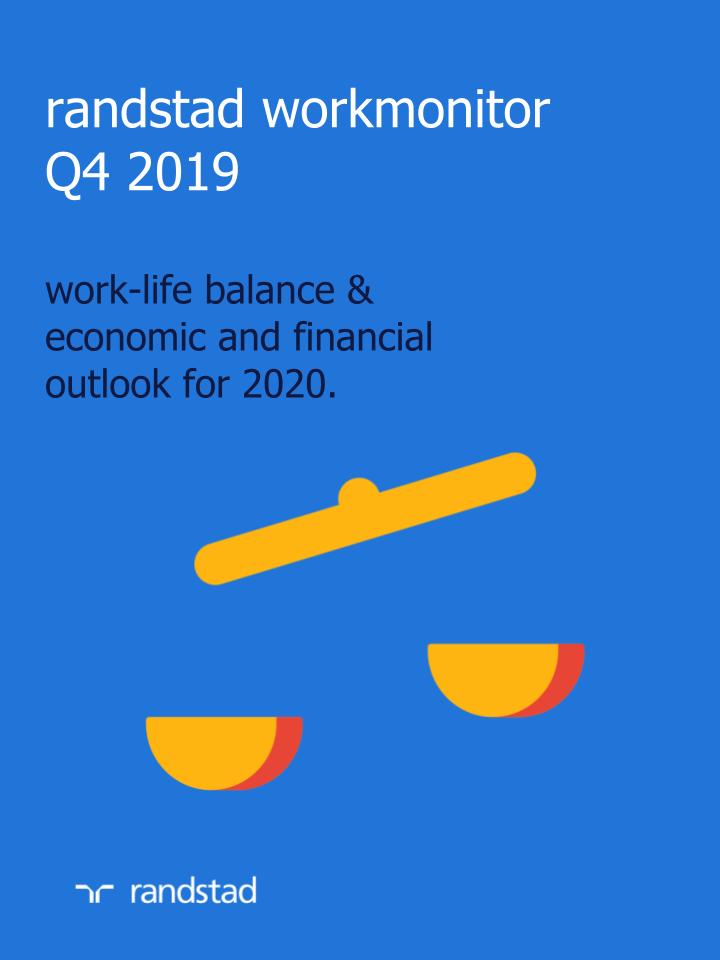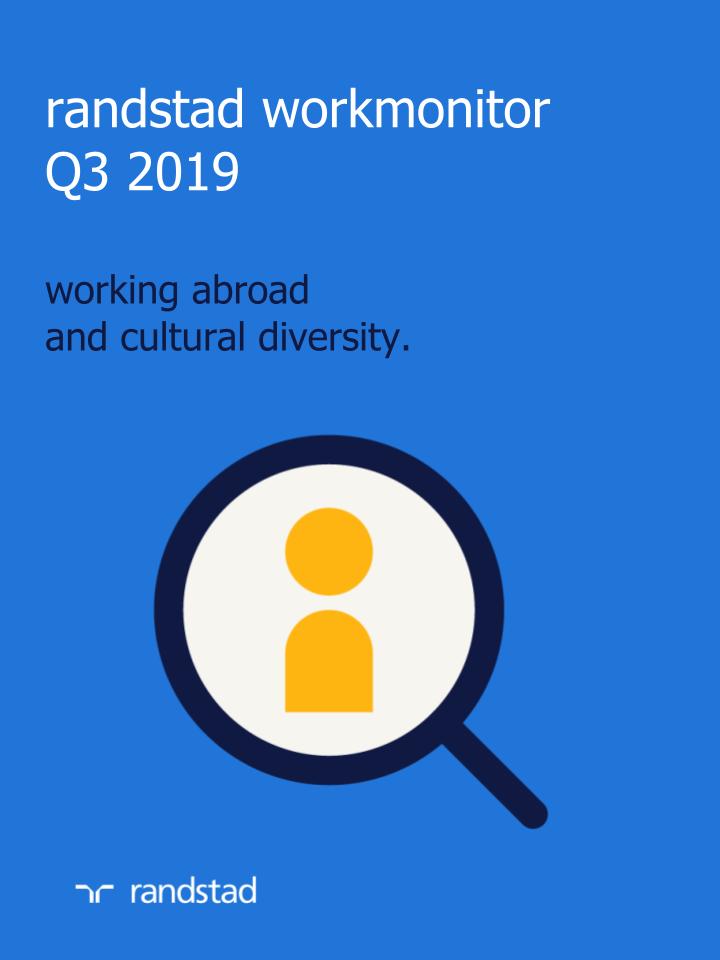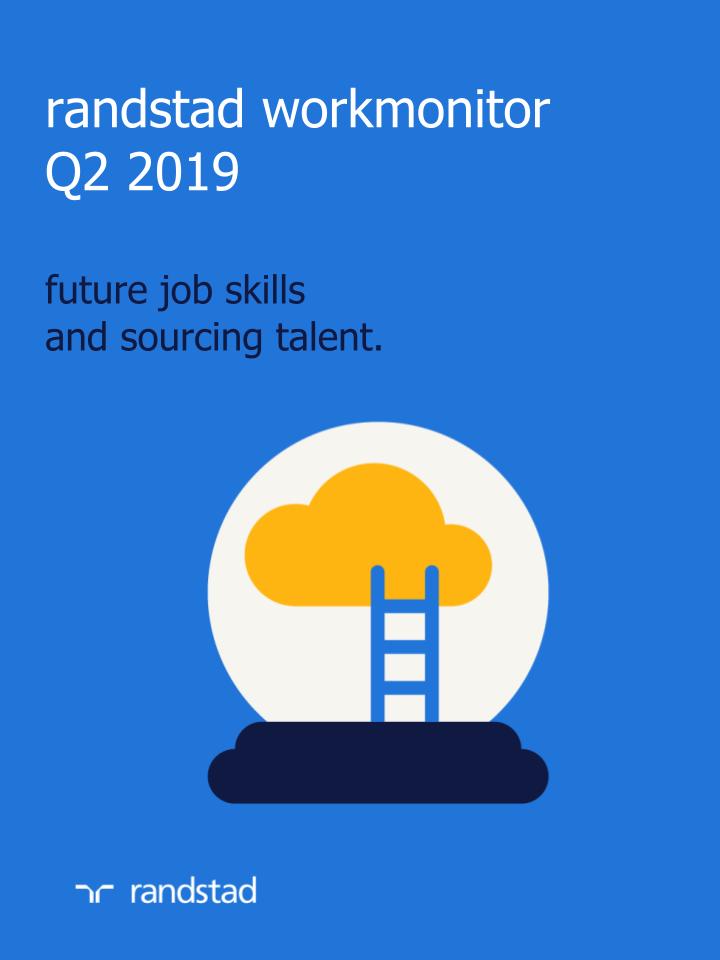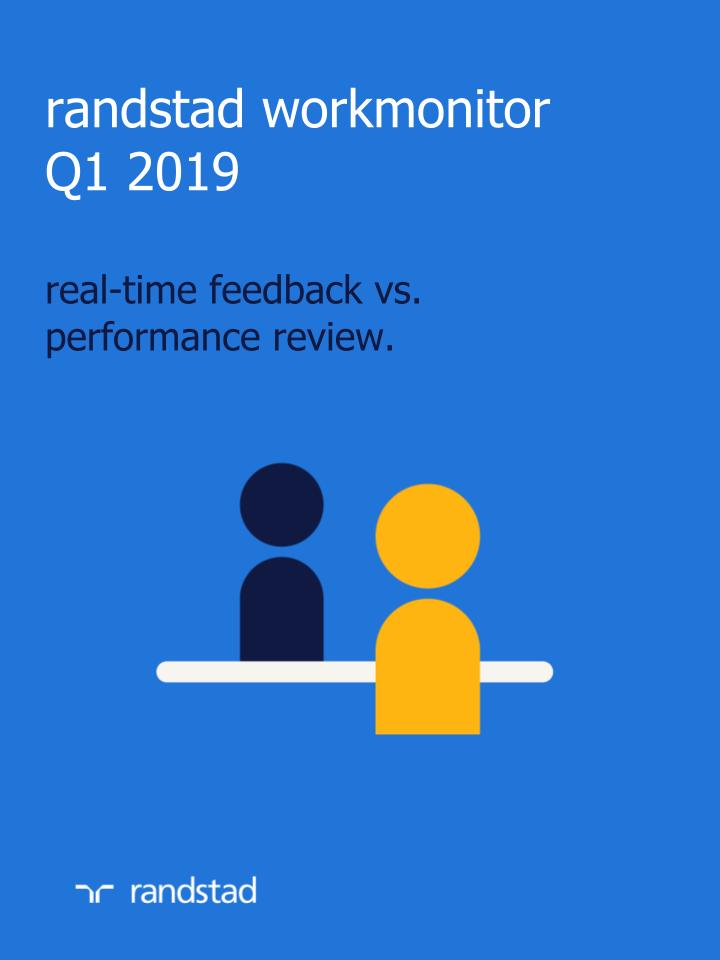rethinking ambition.
As our Workmonitor report enters its third decade, a new talent ABC is emerging. A stands for ambition: talent is rethinking what ambition means, putting work-life balance, flexibility, equity and skilling at the heart of career decisions. B stands for balance: personal lives are being prioritized over careers by talent. C stands for connection: employers must rekindle connections with workers to understand their needs and desires.
workmonitor 2025
nya spelregler för framtidens arbetsmarknad.
Resultaten i 2025 års upplaga av Workmonitor talar sitt tydliga språk: nya spelregler för arbetsplatsen växer fram, där framgång inte bara definieras av vad vi gör utan varför vi gör det, hur vi gör det och med vilka vi gör det. Dagens talanger drivs alltmer av personligt anpassade förmåner och villkor, en stark gemenskap på arbetsplatsen och möjligheter till kompetensutveckling inom högaktuella områden såsom AI.
explore the themes for 2024.
-
ambition & motivation.
Ambition is more than climbing the career ladder and motivation is not necessarily driven by promotions.
Ambition is more than climbing the career ladder and talent’s motivation is not necessarily driven by promotions. For nearly two-thirds of respondents (60%), their personal lives are more important than their work lives. Work-life balance now ranks as highly as pay on workers’ lists of priorities (93%) — more than any other considerations. When looking at their next career move, work-life balance is even more important (57%) than higher pay (55%). Over a third don’t want career progression because they are happy in their role (39%), and the long-term ambition for most respondents is a stable in-house role. But that does not stop them from wanting to future-proof their skills through training (72%), especially in areas such as artificial intelligence (AI) and IT, which are reshaping job roles. Employers' talent strategies will need to acknowledge these changing priorities and offer more creative paths to progression that align with the different ambitions of their talent.
-
flexibility.
Talent still demands and seeks flexibility to accommodate all of their priorities.
The importance of work-life balance is also reflected in a continued focus on flexible working, even as employers are increasingly advocating a return to the office. Many workers adjusted to the work-from-home lifestyle over the pandemic years — moving further afield or getting a pet — as they expected remote working to stay. Working from home is non-negotiable for close to 2 in 5 respondents. Similar numbers (37%) would consider quitting if they were forced to spend more time in the office. However, there is a nuance when it comes to making their next career move: wanting flexible working hours edges slightly ahead of the need to work from home (41% vs. 37%).
-
equity & understanding.
Talent is looking for like-minded partnerships where they can present their full selves and work with employers to improve equity in the workplace.
Talent is looking to build connections with employers so that they can present their full selves and work with organizations to improve equity in the workplace. Over a third say that they wouldn’t accept a job if they did not agree with the views of the organization’s leadership (38%), with 54% of respondents considering their employer’s stance and actions on social and political issues important. Meanwhile, almost two-fifths (38%) seek alignment on social and environmental issues with a future employer.
workmonitor 2024.





